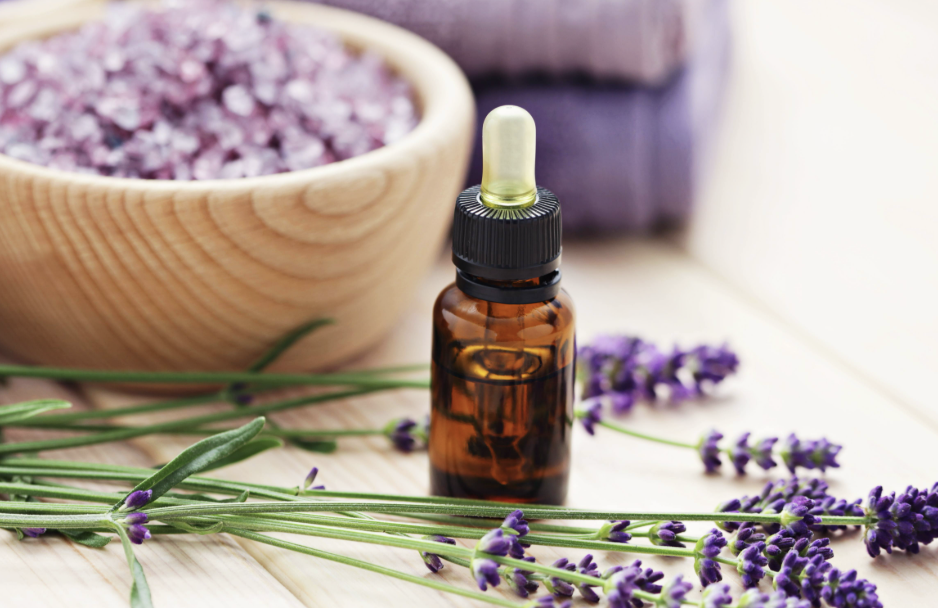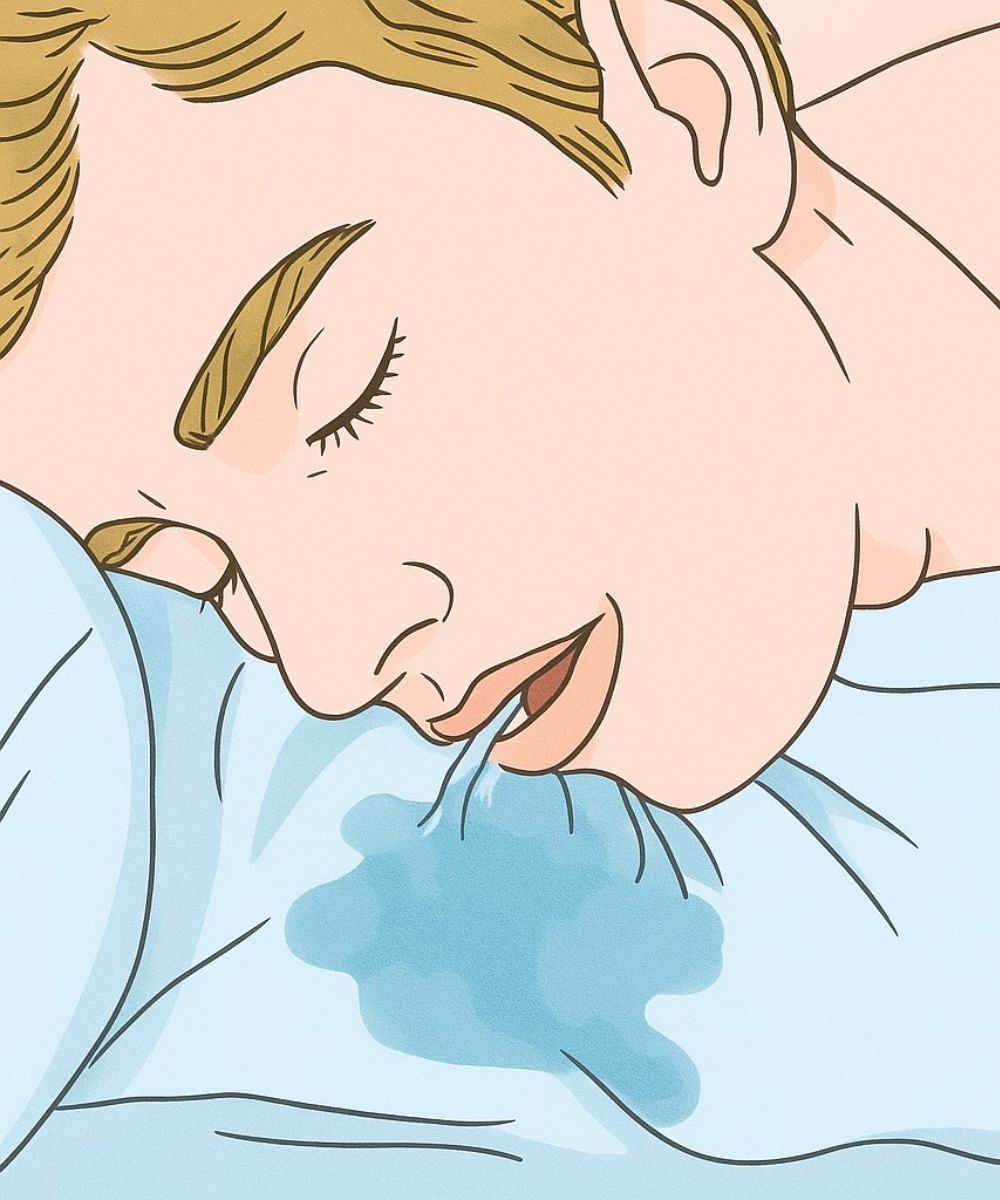Poor oral posture during the day can carry into your nighttime habits. Practicing “myofunctional therapy” (tongue and mouth exercises) can strengthen facial muscles and help keep your mouth closed during sleep. One simple exercise is to press your tongue against the roof of your mouth for several minutes a few times a day.
5. Watch What You Eat Before Bed
Certain foods and drinks can stimulate excessive saliva production. Avoid:
- Sour or spicy foods
- Acidic fruits like citrus
- Sugary snacks
- Carbonated drinks
Instead, opt for a light meal at least two hours before sleeping and limit food intake close to bedtime.
6. Manage Acid Reflux

Gastroesophageal reflux disease (GERD) can trigger excess saliva. If you suffer from acid reflux, consider natural remedies like:
- Sleeping with your head elevated
- Drinking a small amount of aloe vera juice before bed
- Avoiding trigger foods (spicy, fatty, or acidic meals)
- Eating dinner earlier in the evening
7. Stay Hydrated—But Not Too Late
Dehydration can cause thick saliva and a dry mouth, but drinking too much water right before bed may lead to a full bladder and interrupted sleep. Try to drink plenty of water throughout the day, but taper off in the evening.
8. Essential Oils and Aromatherapy

Using essential oils like eucalyptus, lavender, or peppermint in a diffuser may reduce nasal congestion and promote better breathing. Lavender also helps with deeper, more relaxed sleep—keeping your mouth closed naturally.
Conclusion
Drooling during sleep is often harmless but can sometimes signal other issues such as nasal blockage, acid reflux, or weak oral muscles. By using these natural remedies—from adjusting your sleeping position to herbal support and breathing techniques—you can take control of the problem in a gentle, non-invasive way. If the drooling persists despite trying these remedies, it may be time to consult a healthcare provider.

